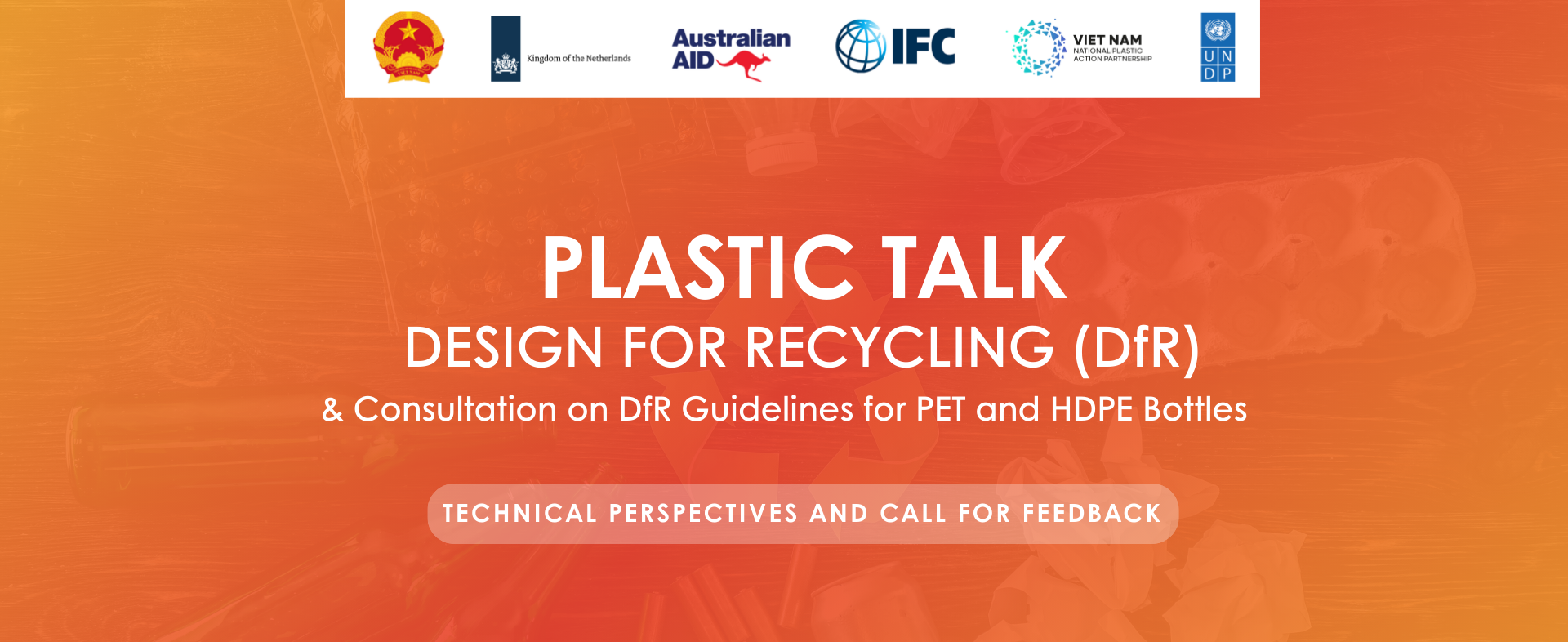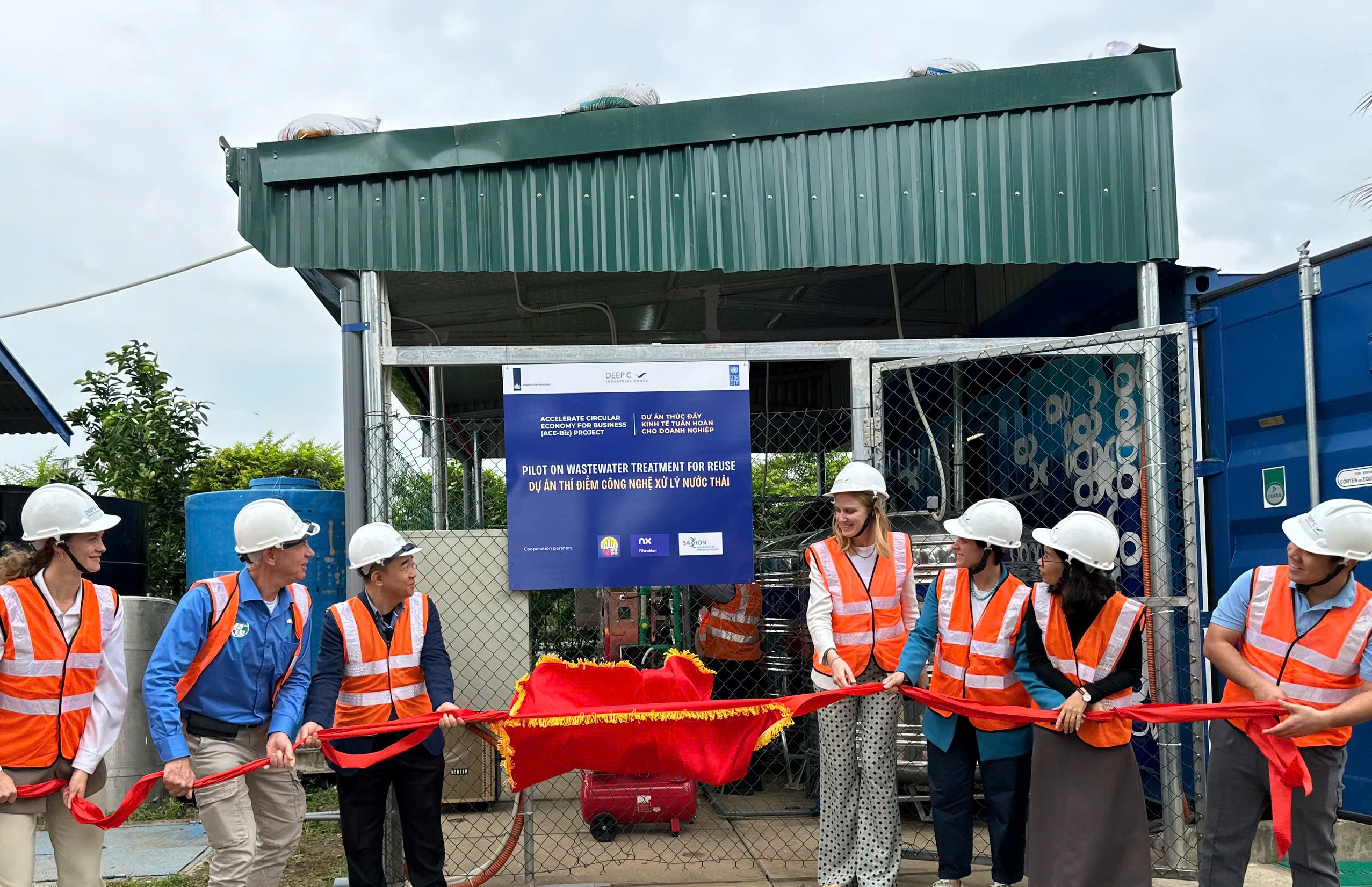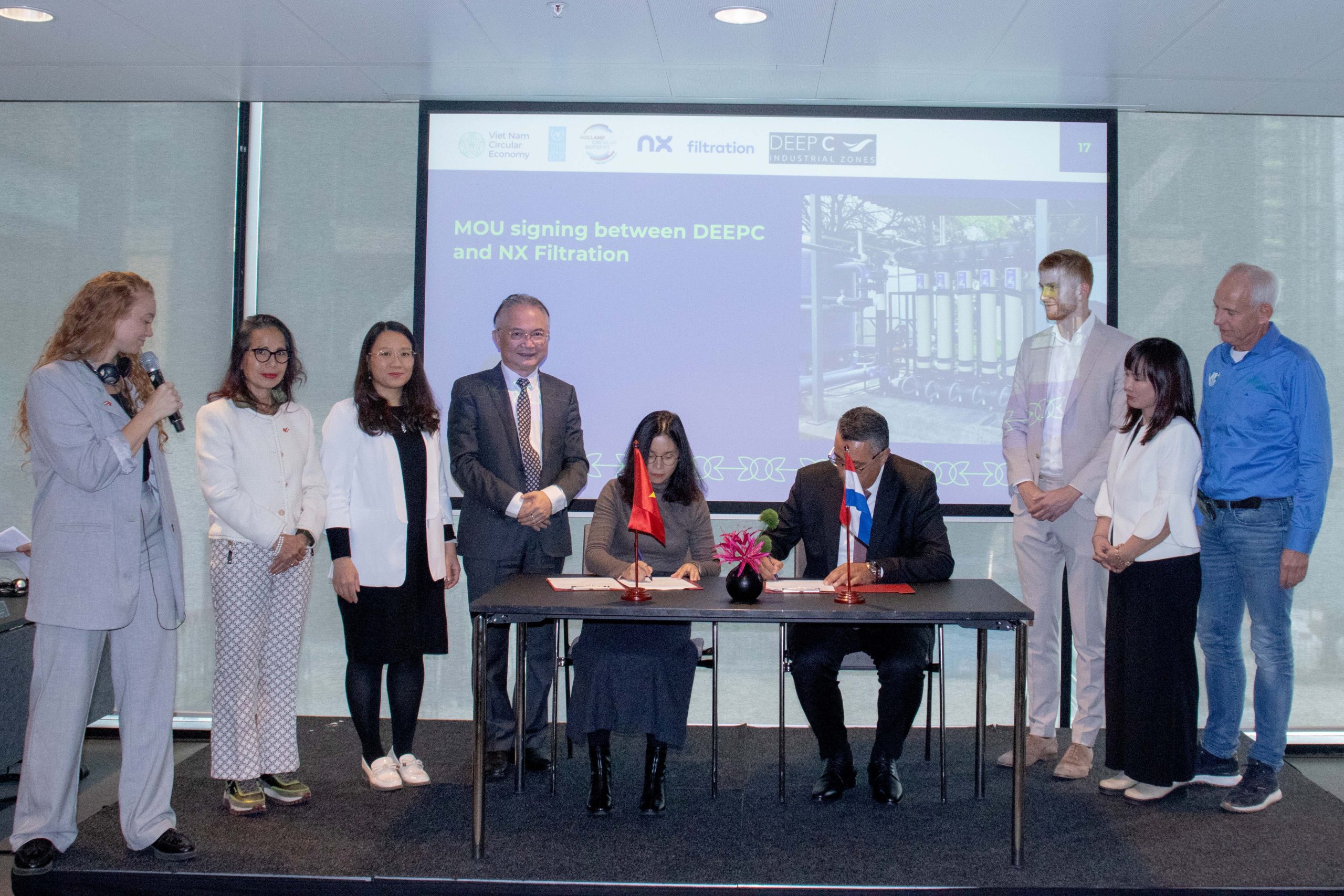
Recently, UNDP Viet Nam organized the Fifth Public-Private toward a robust circular economy for electronics in Viet Nam. The event brought together over 40 delegates, including representatives from the Ministry of Agriculture and Environment (MAE), major electronic and electrical equipment manufacturers and importers, international organizations, and technical support parties. The goal was to update progress on the revised Extended Producer Responsibility (EPR) policy, share essential international experiences, and solidify cooperation mechanisms between the state and enterprises.

During the dialogue, MAE introduced the updated legal framework under the Law on Environmental Protection 2020 and presented key features of the draft EPR Decree 2025. Representatives from the private sector, including Mitsubishi Electric Asia and Egreen Alliance, shared Singapore’s successful EPR model, emphasizing the need of clear product definitions, transparent recycling standards, and independent monitoring mechanisms.

Participants also agreed that the main challenges included a fragmented e-waste collection and recycling system, heavy reliance on the informal sector, low official collection rates, and a lack of quality e-waste data. To address these challenges, delegates put forth recommendations such as encouraging increased cooperation between businesses, localities, and recycling units, expanding accessible old product collection points, and building a national e-waste database.


















